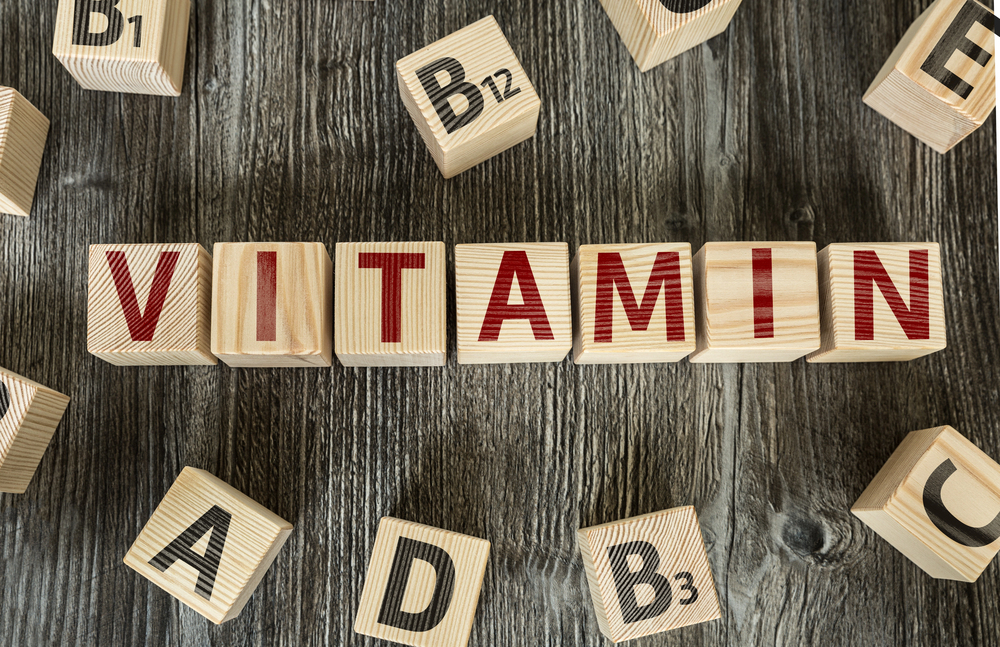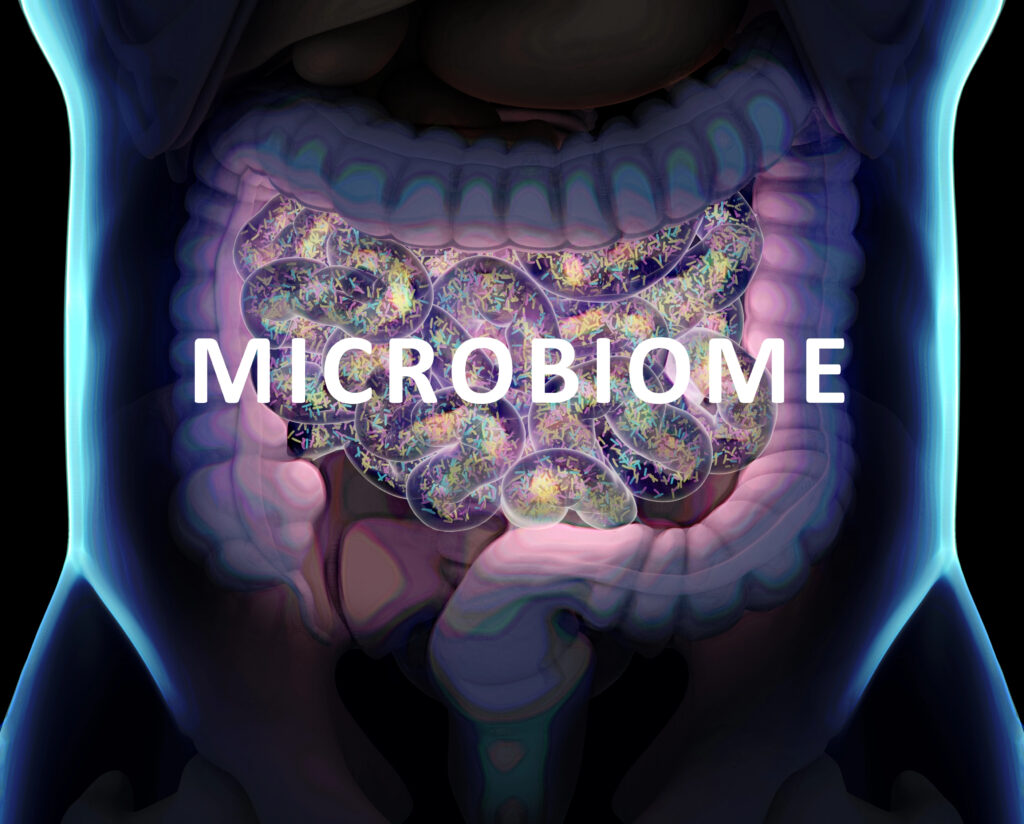If you do contract the virus, please don’t rely on these recommendations, but rather contact your doctor immediately.
Your reaction to and resolution of any virus depends on three things: the virulence of the virus, the concentration of the virus you are exposed to, and the adequacy of host immune defense. We don’t have any control over the virulence of the virus—that is nature’s job. Following social distancing guidelines and using proper hygiene as delineated by the CDC and local governments should largely take care of the 2nd factor, the concentration of the virus. An exception of course is those that may have constant exposure to the virus. This includes health care and other essential workers that are dealing with the public on a daily basis, or those who have a family member with the virus. The third factor, strengthening the defenses of the host, will be the topic of this blog. This is where we can take the most action to ensure that even if we contract the virus we are able to move through it and fully recover.
The immune system has two “branches”: the innate immune system and the adaptive immune system. The components of the innate immune system are the first responders of the immune system—stomach acid, mucosal barriers in the gut and lungs, mucous production to trap pathogens, cough to kick out pathogens, etc. This system also initiates inflammation, which has become a dirty word, but which is initially exactly what the body needs to respond to the threat. Natural killer cells and phagocytic cells that “eat” infected cells are also part of the innate immune system and require no previous contact with the antigen to be effective. Every disease that enters the body is first “treated” with this non-specific response, i.e., every pathogen gets the same treatment.
The adaptive immune system specifically targets a virus or other pathogen with the help of either T cells (TH1 response) or B cells (TH2 response, we know these as antibodies). The body activates both responses when needed, and they key is to have a balanced immune reaction that does not get out of control one way or the other. Cytokines are the chemical messengers in the immune system that direct the type and degree of TH1 and TH2 response.
It has been found that certain cytokines are in excess in those patients that get the “cytokine storm” immune reaction. The cytokine storm is still relatively rare, and almost without exception is happening in those with pre-existing inflammation. Those who may fall in the category of pre-existing inflammation include those with uncontrolled Type II diabetes, serious heart disease, current cancer, and morbid obesity. You also want to make sure that you are actively managing other conditions that can be characteristic of existing inflammation such as allergies, asthma, sinusitis, and excess insulin.
Below are suggestions for how to support general immunity, support balanced immune reactions, manage stress, and implement diet and lifestyle changes that optimize health.
Nutrients That Optimize Immune Response
There are a host of nutrients that can work against various aspects of the virus. Please note that we will discuss some combination products at the end of the article that will cover many of these nutrients as it is impractical (and not necessary) to take all of them. We have focused here on nutrients that provide more than one form of protection against the virus, that have research behind them for the mechanisms described, and that are unlikely to cause harm:
Vitamin D—Vitamin D enhances immune system function, reduces viral growth, and has been found to reduce upper respiratory infections. Vitamin D is also an immune system modulator, ensuring that there is balance in the immune response. The potential toxicity of Vitamin D is very low. Vitamin D deficiency is also very prevalent in the Northern hemisphere. Unless you are getting 20 minutes of unprotected, full body sun in the mid-afternoon 2-3 times per week, it is likely that your Vitamin D levels are not optimal.
We recommend 5000 IUs (125 mcg) per day to keep levels optimal at this time in the absence of known lab levels. Those that are prone to kidney stones (must use with Vitamin K) or other conditions where there is a risk of calcium deposits should be cautious, even with the suggested dosage level. Higher doses may need to be accompanied by Vitamin K and magnesium.
Vitamin C—Supports white blood cell defense, is an antioxidant, and has been used in some hospital ICUs to treat COVID-19. It also inhibits NRLP3, the inflammasome that can get out of control in COVID-19 and produce an excess inflammatory reaction.
We recommend 1000 mg per day, and up to 3000 mg per day if you begin to feel ill. The buffered form is easier on your stomach, and the liposomal form may stay in the body longer.
Vitamin A—Supports the mucosal tissues in the lung and gut and thereby strengthens barrier defense. It enhances immune function, and is anti-inflammatory.
We recommend taking moderate amounts that would normally be found in a high quality multivitamin, 2000-5000 IUs. Cod liver oil is also naturally contains both Vitamins A & D, so is helpful with immune boosting. Excellent foods to include in your diet that contain Vitamin A are beef liver, sweet potato, peas, spinach, and broccoli.
N-acetylcysteine (NAC)—Promotes the production of glutathione, one of the body’s main detoxifying agents. It also promotes respiratory health and has been used in formulas for allergies and in those with COPD. It has an anti-mucolytic effect on the lungs so can help to keep the bronchia clear.
We recommend 600-900 mg per day.
Zinc—Supports both the innate and adaptive immune systems, has strong action against many types of viruses, and can prevent or reduce the effects of respiratory illness. Zinc is often deficient in older populations and those on vegetarian or vegan diets.
We recommend 30-50 mg of zinc per day in capsule or lozenge form (although the latter is tough to come by now). At doses of 50 mg or more, zinc may need to be balanced with copper so as not to create a deficiency there. Zinc should be taken with meals as it can upset an empty stomach.
Elderberry—Elderberry has strong evidence as well as traditional use in early onset of upper respiratory illness. It has several anti-viral mechanisms. There have been some practitioners cautioning against its use with COVID-19, but according to the Institute for Functional Medicine there is no evidence that it could contribute to a cytokine storm. Since the virus enters through the mouth, nasal passages, and throat, using a substance that touches those tissues such as elderberry syrup can be beneficial. This is particularly true if you have a job where ongoing exposure to the virus is possible.
We recommend using elderberry in amounts indicated on package instructions 2X per day.
Monolaurin—Derived from coconut oil, monolaurin operates by breaking down the lipid envelope on the outside of the virus, exposing it to immune cells. We have recommended it for helping to clear a variety of viruses over time. This is the same principal as the suggested use of soap and hand sanitizers that also break down the lipid coating on the outside of the virus.
Use 600 mg per day in adults and 300 mg per day in children. Doses of 3-4 times this amount can be used at the first sign of infection.
Overall Immune Builders—There are a plethora of immune building substances that work on building the innate immune system from the bottom up. The most notable of these are medicinal mushrooms, colostrum and PRP peptides, astragalus, and larch arabinogalactans. If you have potential ongoing exposure to the virus, using MycoSheild, a liquid herbal that you spray into the mouth, is also good option. Those with compromised immune systems would also do well to use this type of support.
Additional Anti-Viral Herbs—Andrographis is an ayurvedic herb that has anti-viral effects and is known to be useful in viruses of the upper respiratory system. It also supports the liver, which makes and breaks down many of the immune compounds. Stinging nettles has 3 possible actions toward inhibiting COVID-19 and has known action against it in vitro. Skullcap (scutellaria baicalensis) has 3 potential actions against the virus and has been active against it in vitro. Oregano and garlic also have some antiviral effects and may have activity against the virus.
Supporting a Balanced Inflammatory Response
Although inflammation is part of an appropriate immune response, we don’t want the immune system to over react. Inflammasomes are immune protein complexes in the innate immune system that stimulate the inflammatory response. NLRP3 is the inflammasome that is associated with the excess reaction found in some COVID-19 patients. If you have underlying conditions that are characterized by excess inflammation, you may want to take nutrients that ensure that inflammation is balanced.
Quercetin—A flavonoid found in many foods that modulates the activity of the NRLP3 inflammasome. It also has antioxidant and anti-inflammatory effects by stabilizing mast cells and histamine release. It is active against several types of RNA viruses and can help with post-viral recovery.
We recommend 500 mg 2X per day, or lesser amounts if combined with other supportive nutrients. This is an excellent choice for those with seasonal allergies that also want protect from the negative effects of the virus.
Green tea or EGCG—Modulates the NRLP3 inflammasome, and potentially inhibits one of the main mechanisms by which Covid-19 replicates.
Use 3-4 cups of green tea per day, 225 mg in pill form, or lesser amounts if combined with other supportive nutrients.
Resveratrol—Modulates the NRLP3 inflammasome and has been shown to have activity against other respiratory viruses in vitro.
We recommend 100-150 mg, 2 X per day. This is a good choice for those with existing inflammatory conditions.
Curcumin—Has been shown to modulate the NRLP3 inflammasome and may directly reduce COVID-19 viral replication.
The recommended dose is 500 mg, 2X per day. You must use a form that has been treated in some way to improve its absorption. This is also a good choice for those with existing inflammatory conditions.
Melatonin—Has been shown to have an inhibitory effect on the NRLP3 inflammasome and two recent papers have been published indicating melatonin may be a therapeutic agent with direct activity against COVID-19. Recommended doses are 5-20 mg.
SPM’s (Special Pro-Resolving Mediators)—While the research on this has not caught up to that of some other nutrients, I find this to be one of the best supplements for resolving inflammation. It is a derivative of fish oil. Its use should be restricted to recovery or managing serious symptoms as you do not want it to quell the immune response too much.
Managing Stress, Rest, Diet, & Exercise
Many of you are under significant stress at this time, and unfortunately stress can lower immune function. Make sure you are getting proper rest and use nutrients to support a balanced stress response. Magnesium is usually my first go-to for managing stress as it has so many positive effects on the body including a calming effect, relaxing the muscles, enhancing cellular energy production, and activation of Vitamin D. Adaptogens are also excellent for managing the body’s response to stress, and increasing overall stamina. These include herbs like rhodiola, ashwagandha, schizandra, ginseng, holy basil, and others. Cannabinoids such as CBD have receptors in both the nervous and immune systems, so can both calm stress and potentially modulate immune response. Don’t forget other simple things like listening to music, taking a bath, or having some quiet time to meditate, even if it’s only for 5 minutes.
Eating a healthy diet will ensure that you get a broad base of nutrients to support overall immune function and energy production. Some plant compounds that may inhibit COVID-19 are kaempferol (spinach, cabbage, dill), quercetin (dill, fennel, red onion, apple, oregano, chili pepper), luteolin (olive), Curcumin (Indian food, turmeric), naringenin (citrus fruits), oleuropein (olive), and catechin and epicatechin (green tea). Using spices liberally is supportive to overall health since many plant compounds have helpful actions in the body.
Adequate protein is also essential since the majority of your immune compounds are made from protein. The amount of protein you need each day is based on a variety of factors, but women should generally have 45-55 grams per day and men 60-80 grams.
Sugar should be extremely limited as it can suppress the action of white blood cells. And although it is tempting (and prevalent) to drink more alcohol at this time, this is not supportive of the liver, which makes many of the immune compounds.
Moderate exercise and fresh air are very healthy, so make sure you are getting both every day if possible. Intense workouts can decrease immune function and should be avoided at this time.
Recovery
I have seen very little about supplements for recovery, but it is safe to assume that several of the immune building nutrients mentioned above can be used. I haven’t seen this recommended too often, but one webinar gave a very good suggestion of using glycine and its cofactors to detox cytokines from the body. Glycine conjugation is one of the liver’s Phase II reactions and the apparent agent for processing cytokines in the liver. It is thought that perhaps a slow recovery is due to the liver’s inability to keep up and this makes sense to me. Bone broth and collagen peptides are both high in glycine, and glycine can also be had by itself as a supplement.
So long as most of your symptoms are resolved, adaptogens can likely help with getting your energy back. Green formulas, due to their complete nutrition, high antioxidants, and oxygenation qualities would also be an excellent choice. Antioxidant support will help to resolve some of the damage caused by the virus to tissue in the body.
Summary & Combination Formulas
I have tried to include a complete list of the potential nutrients that can help you to ward off Covid-19, or potentially lessen its negative effects. Clearly no one should be taking all of these nutrients. One way to get a good base level of many of the nutrients is to take a top-quality multivitamin such as Phyto Multi by Metagenics, O.N.E. by Pure Encapsulations, or Super 2 Daily by Carlson. There are also several good immune formulas that have a variety of the nutrients listed above:
Immune Active—Vitamin C, zinc, NAC, decaffeinated green tea extract, & quercetin
Sinuplex-Quercetin, stinging nettles, bromelain, NAC, & Vitamin C
AntiOxidant Formula by Pure Encapsulations—Vitamins A, C, E, B2, zinc, selenium, NAC, milk thistle, and carotenoids.
Seasonal Shield—Designed to address allergy symptoms, this one also has many of the nutrients discussed above including Vitamins C & D, zinc, quercetin, boswellia, nettle, NAC, bromelain, and grape seed extract.
Breathe-X-Vitamin C, magnesium, nettle, astragalus, quercetin, bromelain, and citrus bioflavonoids.
If you have nutrients or herbs on the list that you know have worked well for you in the past, I would stick with those in terms of added support. You need to look at your diet and any underlying health conditions for other indications of the best supplements for you personally.
Need Help?
I realize this is a lot to digest and some of you may want or need additional help in sorting out what is best for you. If you would like to discuss what nutrients would be supportive to you, I am offering 20 minute consultations for $35. You will need to fill out a health history form as I will need to be aware of current health conditions, medications, diet habits, and supplements that you are on. If your health history is complex, we may need more time and the price will be adjusted accordingly. Please email me at lynn@walshnatural.com if you are interested in making a phone appointment. If you have work or other restrictions, please let me know what days and times you are available and I will try to accommodate you.
The Best in Health to You All!!
References:
Institute for Functional Medicine: Covid-19 Functional Medicine Resources, https://www.ifm.org/news-insights/the-functional-medicine-approach-to-covid-19-virus-specific-nutraceutical-and-botanical-agents/
Datapunk: Covid2019 / SARSCoV2 coronavirus antivirals,https://www.datapunk.net/covid19/antivirals.pl
American Nutrition Association: Personalized Nutrition & the COVID-19 Era, https://theana.org/COVID-19



